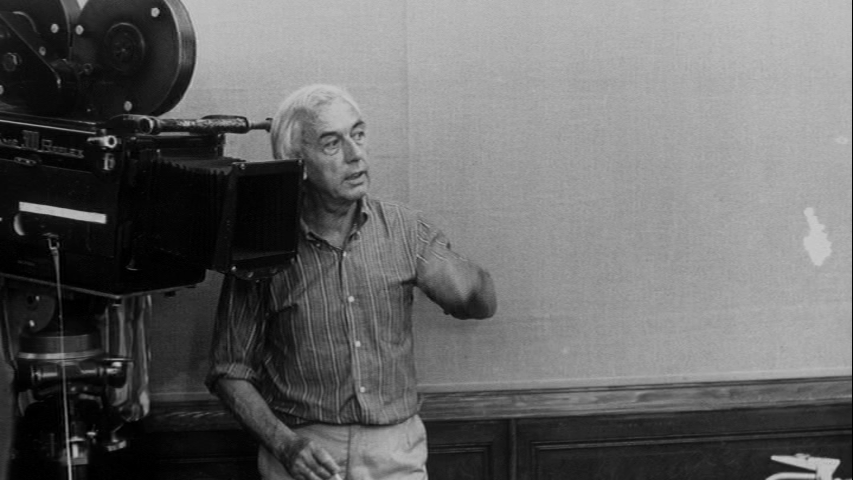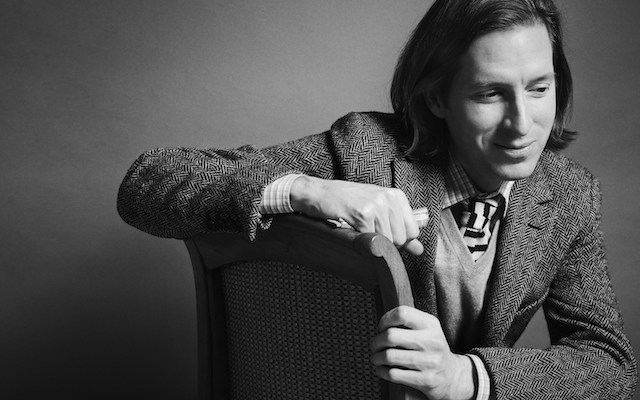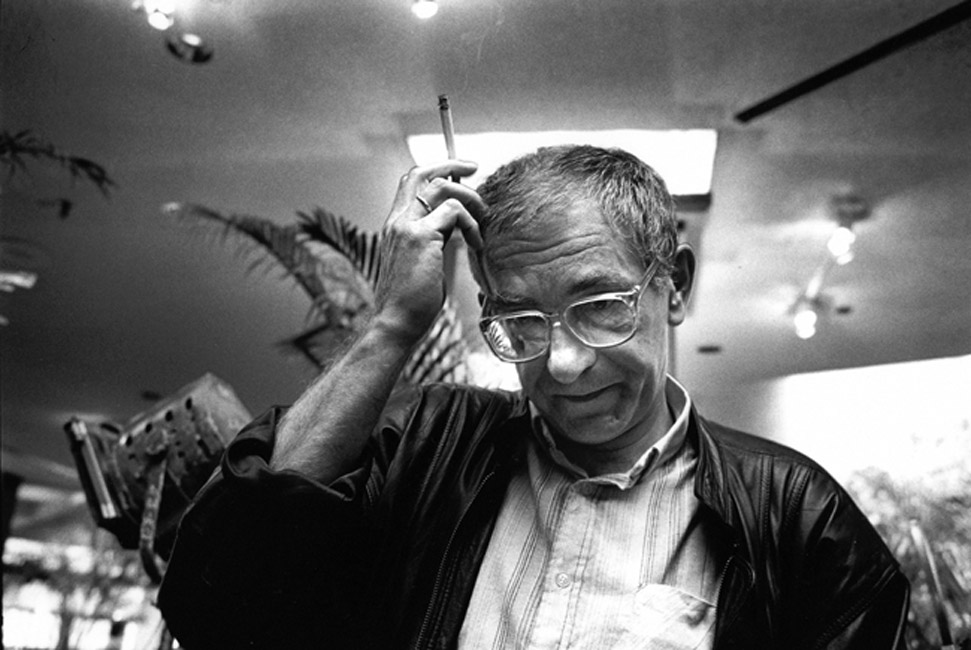One of the most used quotes in the history of world cinema is “A film is not a spectacle; it is preeminently a style,” The man who own that quote lived and made movies in full allegiance with the implied meaning of it, and no other filmmaker’s name is synonymously used along with the term precision than French auteur Robert Bresson. Another word that superimposed on his profile is a transcendental filmmaker, and both the terms together shape a profile that transcended cinema as an art form.
John Abraham, Portrait Of A Lucid Messiah
After kick-starting his career as a painter turned photographer in Paris, Bresson eventually landed up in making short films. With a bitter POW era during WW II in between, he emerged as one of the most significant auteurs of 20th-century world cinema. Bresson made just 13 feature film in a career spanning 50 long years, with almost all of them went on to the textbooks of film students all over the globe. Most of his movies depict conflicts between faith, free will and determinism, and Catholicism plays an important role of a driving force in character arcs. Bressonian characters undergo intense emotional turmoil, only to end up in the inevitable meaninglessness of life.
Gender Of The Eye: Aparna Sen, A Retrospective
Being considered as a media apartheid person, Bresson opens up about his techniques in this short and rare piece of conversation. He affirms his love for non-actors or models as he calls them, stripped down camera movements and recording the mindscapes of his protagonists. Bresson struggles and achieved a rare, minimalist aesthetic that elevated cinema up to the ranks of haiku poetry, irrespective of commercial norms, audience preferences and other preoccupations.
Written By: Ragesh Dipu




